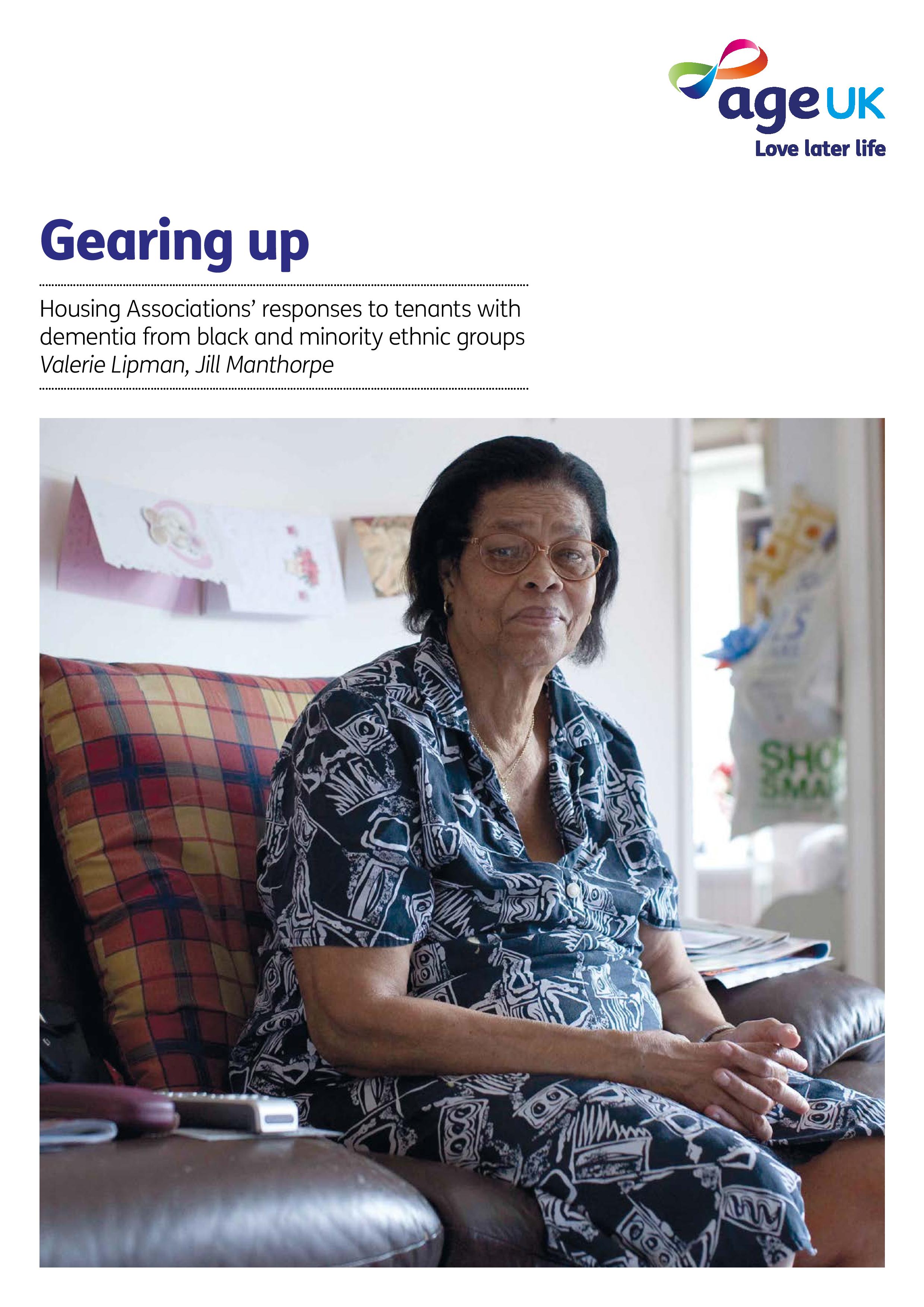 Dr Nayyara Tabassum is Evidence Officer in the Centre for Ageing Better. (917 words)
Dr Nayyara Tabassum is Evidence Officer in the Centre for Ageing Better. (917 words)
In March of this year when we were still learning about COVID-19 in the UK, I remember listening to a journalist on the telly saying the coronavirus does not discriminate – it infects and kills everyone, rich or poor, young or old. But as more news started filtering in, a pattern of who the virus infected the most began emerging. Even while scientists and public health personnel were grappling with this new virus and how it spreads, one of the earliest news trends of the pandemic is that the virus seemed to affect particular groups, such as older people, those with underlying health conditions, those living in deprived areas, lower-skilled workers, those working in social care, those living in care homes and BAME (Black, Asian and Minority Ethnic) groups more than any other group.
The COVID-19 pandemic has shone a light on health inequalities that disproportionately affect older people and BAME people, something also confirmed by the recent PHE report published in June 2020.
This blog looks at what we know about health inequalities of older BAME groups, what we need to know more about and what are some key recommendations to promote healthy ageing that is inclusive for all. Continue reading
